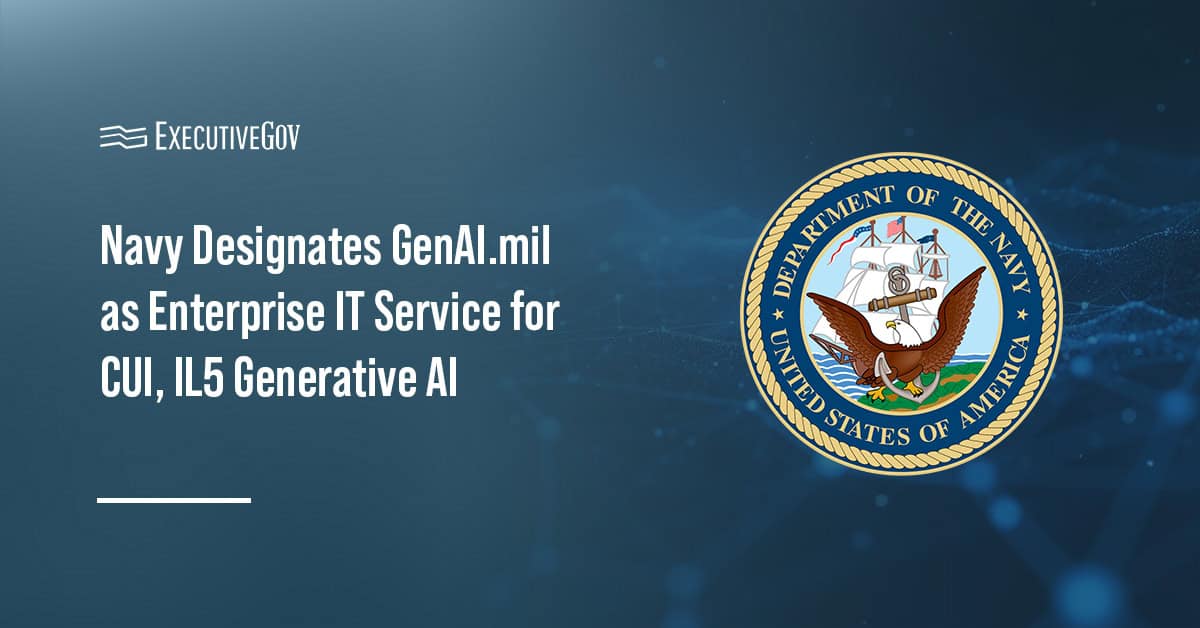
The Defense Innovation Unit is in talks with the U.S. Navy to implement the use of predictive maintenance in the service branch, FCW reported Friday.
Mike Madsen, director of strategic engagement at DIU, said at a recent industry event that the unit and U.S. are planning to award a contract on predictive maintenance within fiscal year 2020.
DIU is looking streamline its approach to transition technologies, such as predictive maintenance, into fully approved programs of record, he said Thursday at the Dell Technologies Forum on Real Transformation.
Predictive maintenance is an approach that uses artificial intelligence to determine and manage repair schedules.
The Navy’s use of predictive maintenance would follow the U.S. Air Force’s and U.S. Army’s adoption of this AI-driven approach.





